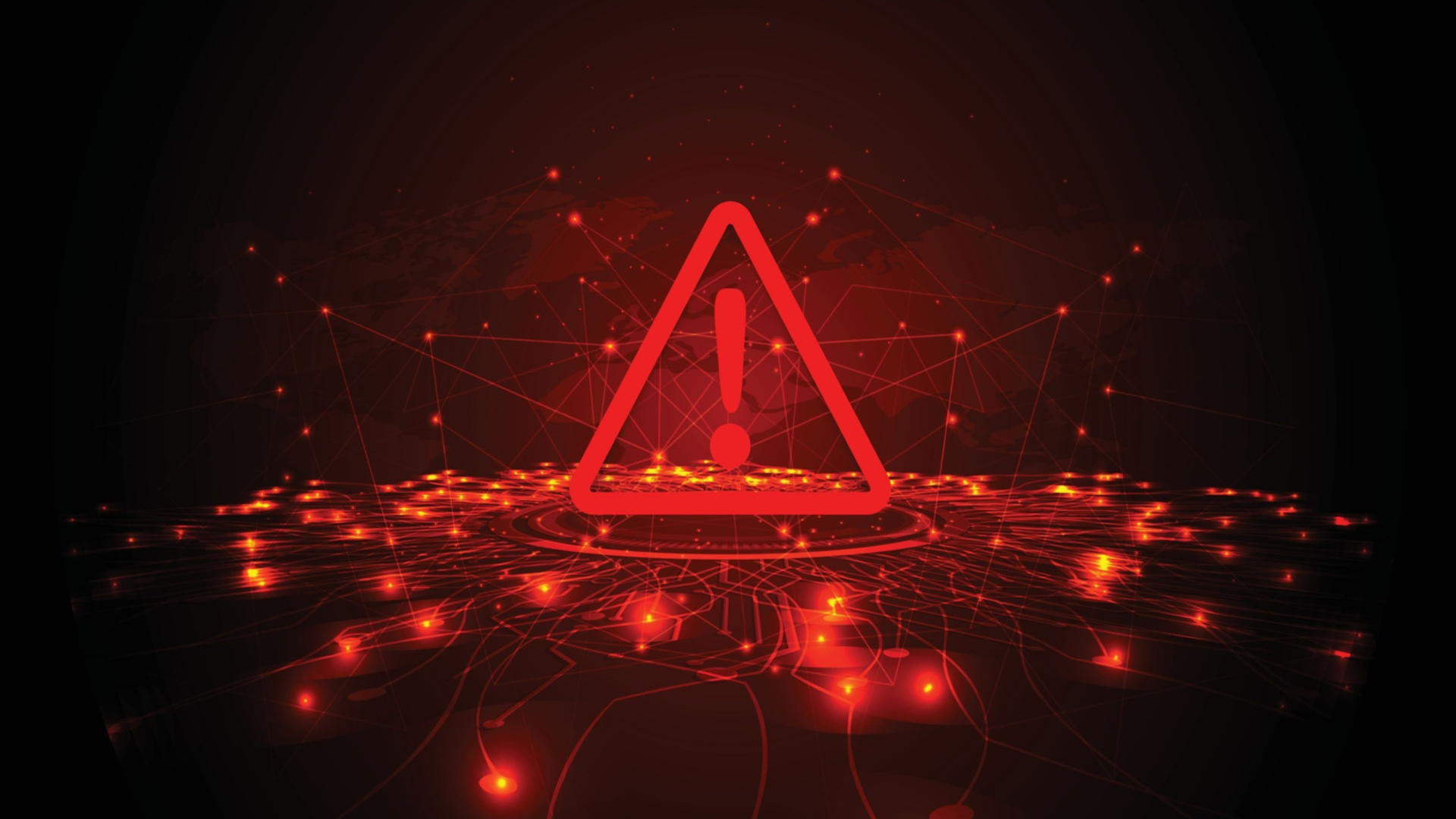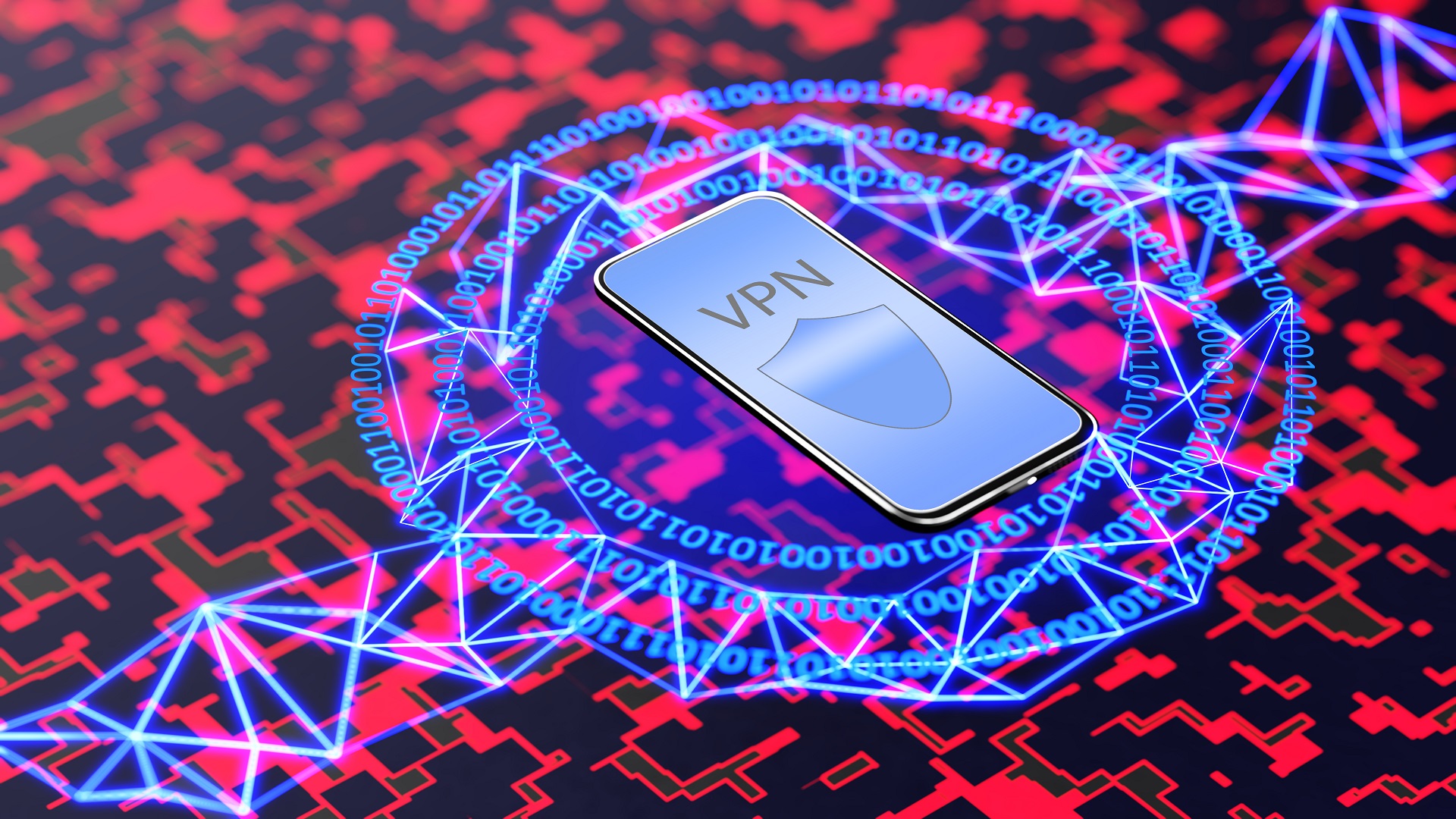Record $10bn lost to internet disruptions this year - and it's only July
The global economy has already been affected as never before

From internet shutdowns to social media blocks and severe throttling, internet users across the globe will probably remember 2022 as an expensive year for both digital rights and the bottom line.
So far, 54 internet blackouts in 16 countries have already been reported. A total of over 19,000 hours of downtime cost the global economy more than $10 billion, according to Top10VPN data. This represents the biggest losses linked with internet disruptions ever recorded.
Although, as Top10VPN explains in its report: "This damage is both direct, in terms of the economic and human cost, and indirect, in that it forces people to use unsafe VPNs to try to circumvent the restrictions imposed upon them."
Alongside disrupting the trade of most businesses that rely on digital technologies, internet shutdowns can scare off new investments and hinder a country's economy growth. According to the last UN report, these economic shocks greatly exacerbate pre-existing social economic inequalities.
Internet shutdowns are powerful markers of sharply deteriorating human rights situations."Action is needed to end Internet shutdowns, incl. through more reporting of impacts & more transparency by involved companies," says @mbachelet in new report.https://t.co/e3GpJyRJ9K pic.twitter.com/Tv6TPKnAa1June 23, 2022
The year in a glance
Russia is responsible for the most expensive internet disruption recorded so far, costing over $8 billion to the economy.
Following the Ukraine invasion, the Kremlin first throttled and then completely blocked the access to Instagram, Facebook and Twitter. Russian authorities also censored major international news sites in an effort to prevent war news from spreading within the country.
As generally happens in these cases, VPN downloads have skyrocketed in Russia and Ukraine since the conflict started.
In much of Kherson oblast, southern Ukraine, all digital roads now lead to Moscow: The Internet is being diverted towards Russia and is subject to Kremlin censorship.Today, press freedom NGO @RSF_inter calls for the liberation of Ukraine’s Internet.📰 https://t.co/Zt8qicg9Im https://t.co/2hS5JhkO7aJuly 6, 2022
In second position we have Myanmar. With around 8,800 hours of blackout, the country experienced the longest internet shutdown to date. What's more, the military junta is even trying to criminalize VPNs to halt users trying to circumvent restrictions.
The approximate cost for Kazakhstan is over $410 million, where authorities cut access to the web in January during mass anti-government protests across the country. Iran follows suit with over $190 million of losses, impacting almost 72 million people.
More recently, Sudan and Uzbekistan have both suffered severe internet disruptions between the end of June and the start of July.
Bypassing internet shutdowns and online censorship
Even though a full internet blackout cannot be circumvented as the connection drop makes it impossible to go online, there are a few methods to bypass other restrictions and avoid a complete social isolation.
1. Connect to a reliable VPN service
As we mentioned before, VPN demand generally soars among users experiencing internet disorders. The security software enable users to bypass restrictions by hiding your real IP address. It can also protect your online data from snoopers by using an encrypted tunnel.
However, it is important to choose one of the best VPN services around as unsafe VPNs can often cause more harm than good. This is why you should opt for a reliable and private VPN that employs a strict no-logs policy. This means that none of your data will be stored, shared or leaked. If you still want to go for a free VPN instead, Proton VPN is our #1 recommendation right now.
As government restrictions work hard to block VPNs and prevent citizens from circumventing the restrictions in place, you should look out for those services offering an effective obfuscation technology. Among our favorites are ExpressVPN, NordVPN and Surfshark.

2. Use Tor browser
'Onion routing,' is the concept behind the Tor browser infrastructure: your traffic heads through multiple servers and is encrypted each step of the way. This enables users to browse the internet while protecting their privacy and anonymity as much as possible. It's free and open-sourced, of course.
Even though this is very similar to how VPNs work, Tor is generally regarded as more secure as it routes your data through at least three servers instead of only one. In terms of encryption, it employs multiple layers that get peeled off as you travel from server to server. Despite resulting in slower connection speeds, activists and journalists living under a high-censorship regime should consider combining the two services for extra privacy.
3. Exchange information via Bluetooth mesh networks
When the internet connectivity is blocked and you can't use either a VPN or Tor, you need to find alternative ways to communicate. Mesh networks use Bluetooth technology to allow messages exchanges between devices without the need to rely on the internet. Hong Kong pro-democracy protesters used both FireChat and Bridgefy apps to stay connected during the 2014 and 2019 demonstrations respectively.
4. Get a roaming SIM card
As internet shutdowns are becoming a common tactic on authoritative governments' playbooks, citizens might have time to prepare in advance to be able to react. As foreign mobile data is often unaffected by country's blocks, getting an international roaming SIM card may allow you to go online as usual during a shutoff at no extra cost.

Sign up to the TechRadar Pro newsletter to get all the top news, opinion, features and guidance your business needs to succeed!

Chiara is a multimedia journalist committed to covering stories to help promote the rights and denounce the abuses of the digital side of life – wherever cybersecurity, markets, and politics tangle up. She believes an open, uncensored, and private internet is a basic human need and wants to use her knowledge of VPNs to help readers take back control. She writes news, interviews, and analysis on data privacy, online censorship, digital rights, tech policies, and security software, with a special focus on VPNs, for TechRadar and TechRadar Pro. Got a story, tip-off, or something tech-interesting to say? Reach out to chiara.castro@futurenet.com